Humanity May Go Extinct by the Year 2050 - An Australian Think-Tank Reports
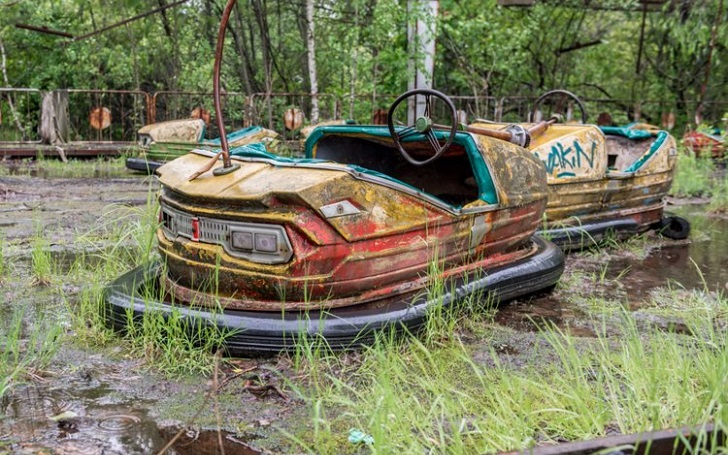
By 2050, we may all be dead. Or we could just prevent it?
Global warming, climate change, and the end of human civilization as we know it are not new topics. It has been going on ever since Albert Einstein said World War IV would be fought with sticks and stones. Every day, we hear some news about how the world is changing and that we should take proper action as quick as possible.
Part of Einstein's words has made a turnaround by a paper published by the Breakthrough National Centre for Climate Restoration in Melbourne (an independent think tank focused on climate policy), that states, "climate change now represents a near to mid-term existential threat" to human civilization. The world could collapse as soon as 2050. At least the world with live humans in it.
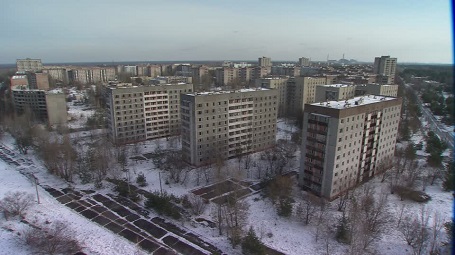
Source: Framepool & Rights
The report, entitled "Existential climate-related security risk: A scenario approach," is authored by David Spratt, research director for the Australian think tank, and Ian T. Dunlop, formerly an international oil, gas and coal industry executive and chair of the Australian Coal Association. Former defense forces chief of Australia, Admiral Chris Barrie, endorsed the report and wrote a foreword to it. It is not a scientific study. Rather, it is an attempt to model future scenarios based on current and existing research findings.
The polar ice caps are melting (especially the north pole ice sheets), the Aral Sea is almost dried up, and the Amazon's massive rain-forest, which supplies the world with over 20% of its Oxygen, is burning at a record rate and destroying human as well as wildlife habitat. Many species of plants and animals are bound to go extinct. Is it the beginning of the apocalypse thwarting towards humanity?
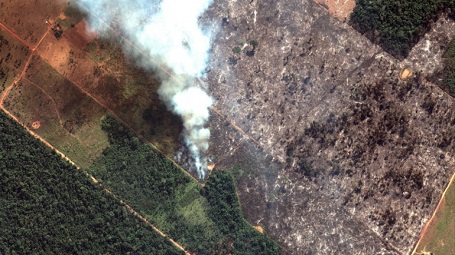
Source: Reuters
According to the paper, the current climate crisis is much worse than people think, that the general climate models fail to sufficiently predict the scale of potential consequences of Earth's many interlinked geological processes. The sheer complexity of such repercussions is unfathomable.
How it could all begin and end
The authors used the worst-case scenario existential risk analysis to predict one particularly grim future of humanity falling into ruins. It begins with the world governments "politely ignoring" scientists' advice and the will of the public to find alternate energy sources to decarbonize the economy. The tipping points occur when humanity fails to initiate carbon emission reforms in the 2020s and 2030s. Then a "hothouse effect" follows on Earth that results in rapid rising of sea levels due to the melting of polar ice sheets (particularly northern Greenland) and "widespread permafrost loss and large-scale Amazon drought and dieback." The final result? The global temperature increase is by 5.4 °F (3 °C) by the year 2050 with vanished ice sheets, many Amazon rain-forest trees killed by drought and the planet plunging into a feedback loop of hottest and deadliest conditions.
Thirty-five percent of the global land area, and 55 percent of the global population, are subject to more than 20 days a year of lethal heat conditions, beyond the threshold of human survivability.
Of course, the Amazon prediction is coming true much earlier than they predicted, and humans are the direct cause of it instead of drought or nature taking its course from human activities.
It is a beginning, according to the paper too, that claims droughts, floods and wildfire would continually ravage the planet and nearly 1/3rd of the land turns to desert. Entire ecosystems collapse, first with the planet's coral reefs, the rain-forest and the Arctic ice sheets. The world's tropical regions are hit the hardest by these climate extremes, as they destroy the region's agriculture and turns more than 1 billion people into refugees. The major populated cities like Mumbai, Shanghai, Hong Kong, would be deserted.
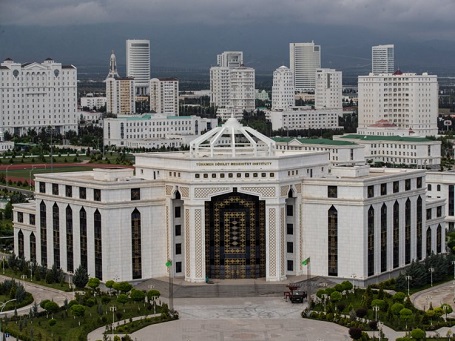
Source: Stanislav Krasilnikov, Getty
The flooding of coastal communities around the world could reshape regional and even national boundaries. There would likely be armed conflicts between nations over resources and a possible nuclear war. "The social consequences range from increased religious fervor to outright chaos."
The terrifying conclusion is stated as, "More than a billion people may need to be relocated and in high-end scenarios, the scale of destruction is beyond our capacity to model, with a high likelihood of human civilization coming to an end."
The authors, Spratt and Dunlop, do provide some solutions to possibly avert the imminent threat. They argue that the national security sectors of the world's major powers could play a unique role in mobilizing society (like Georgina Rodriguez recently asked them to, in response to the Amazon forest fire), akin to world governments' response to World War II.
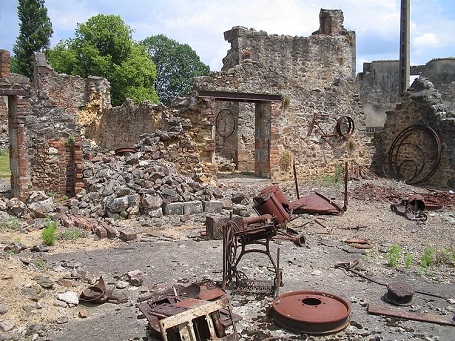
Source: Wikipedia Commons
"To reduce such risks and to sustain human civilization, it is essential to build a zero emissions industrial system very quickly. This requires the global mobilization of resources on an emergency basis, akin to a wartime level of response," the report reads. "The national security sector has unrivaled experience and capacity in such mobilization, and can play a unique role in its development and implementation, as well as educating policymakers of the existential security risks in failing to do so."
There were, however, some critical response to the paper immediately after numerous media outlets ran it, including the CNN. Michael Mann, a respected climate scientist at Pennsylvania State University, calls the report, "overblown rhetoric, exaggeration, and unsupportable doomist framing". There is a quite extensive article on science20 about the aforementioned report brimming with errors. It dives into almost all the statements in the report and claims the situation of 1 billion people being displaced is rather different. The figure comes from a 2010 report by a German non-profit which gives an estimate of the population who live less than 20 meters above the mean sea level. Modern figures are around 100 million affected by sea level.
Despite people lashing the report, written by a couple of businessmen, to have no peer review or scientific credibility, we know something is wrong with the world. We could choose to remain ignorant, but even if it would be slow, we are threatening the human race. The fact that people lit the whole Amazon when attempting to clear field for their cattle says that we can be pretty stupid when it comes to mother nature.
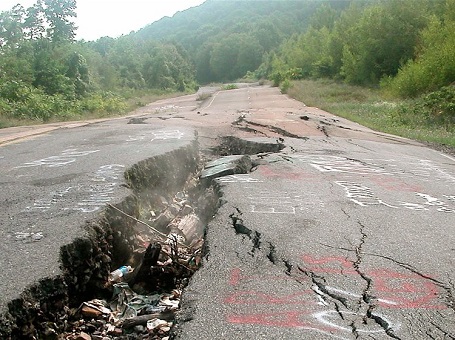
Source: Flickr, Lyndi & Jason
The Amazon forest-fire says something. We are forcing the Earth to go towards the prediction. Even if we believe ozone depletion and climate change may be hoaxes, we should not ignore what mother nature gives us, and just act out fast so that all the news about excessive flooding, depleting coal mines and raging forest-fires would drastically decrease. Even if the report doesn't meet the credentials, we can take it as a warning as to what might happen if we don't start planning for a better future for further generations.
